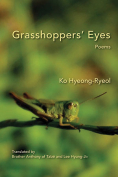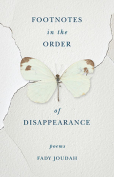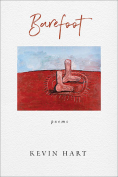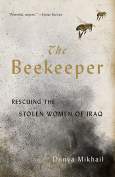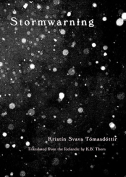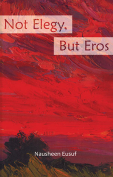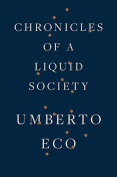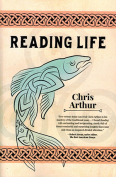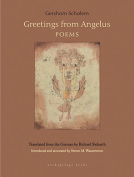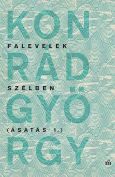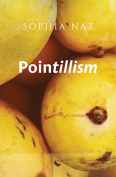Stormwarning by Kristín Svava Tómasdóttir
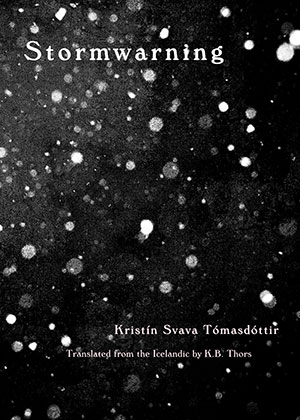 Los Angeles. Phoneme Media. 2018. 68 pages.
Los Angeles. Phoneme Media. 2018. 68 pages.
Kristín Svava Tómasdóttir has done the seemingly impossible: taken our contemporary capitalist culture, suffused with moralism as well as not-so-hidden prejudice, glorying in its achievements while squandering its wealth, and submitted it to critique while making us laugh at the whole thing.
Not all these poems are funny, but the most strikingly original ones often are. Her type of humor is not a common type: it is accessible but not juvenile, humble but not trivial. The speaker of these poems is not afraid to invite us to laugh at her as well. Perhaps this has something to do with gender—women who live and work in a male-dominated world (in other words, in our world) learn irony and comedic self-effacement as coping mechanisms. The light touch that Tómasdóttir brings to her humor prevents it from becoming heavy, overwhelming, or inaccessible to her readers. She never places herself above us but develops a relationship of trust and friendship throughout her poems.
At times, this is the explicit subject of Tómasdóttir’s verse: in the poem “My Flu,” the speaker points out, in an isolated stanza, that “someone else’s flu / is a flu of little consequence.” The world has more important matters to contemplate. But how does this change when we are the sick ones? “Then she comes for you,” writes the poet in another hilariously isolated stanza. And so our perspective shifts: now, our “dignity is lost forever” as we suffer the illness ourselves, leading to the understated conclusion that yes, there is a world of difference between our own flu and another person’s. Thus the endlessly complex matter of empathy and individual suffering finds a beautifully simple illustration. Alexander Pope’s quotable phrase about what oft was thought but never so well expressed comes to mind.
Here we need to add that Tómasdóttir’s means of expression are also so comprehensible as to enact part of the process they call for: just as she asks for a broadening of perspective and an attention to the workings of human empathy, so her poems reach out to us with just such an inclusive, empathetic spirit. It is a pleasure to accept their invitation.
Magdalena Kay
University of Victoria
